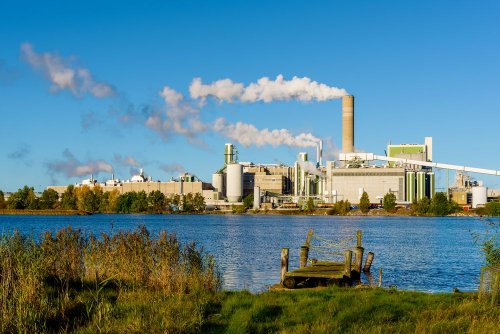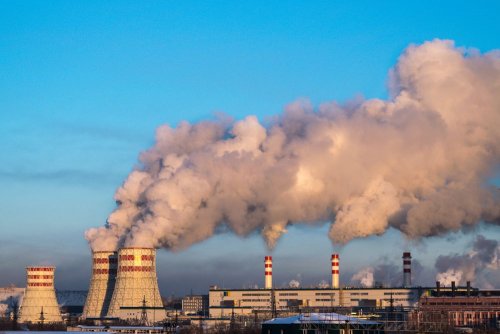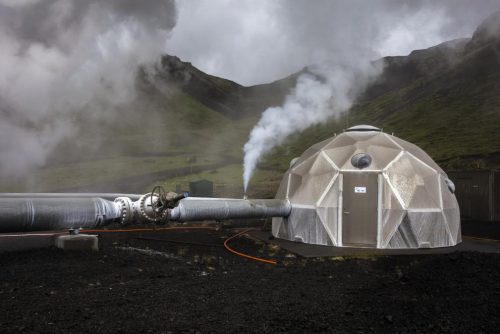The Federation of Employers of Ukraine (FEU) proposes that the Ministry of Environmental Protection and Natural Resources of Ukraine set a more realistic climate target of a 65.1% reduction in greenhouse gas emissions by 2035 instead of the range of 68-73% proposed in the new Nationally Determined Contribution to the Paris Agreement (NDC2). %.
The corresponding appeal to officials appeared on the Federation's official Facebook page.
The FEU emphasizes that without specific funding, state support for business, and taking into account the devastating impact of the war on Ukraine's economy, reducing emissions is impossible. Industry representatives reminded that ambitious commitments must be based on real economic conditions and the tools to achieve them.
A reality that cannot be ignored
Experts drew the authorities' attention to the circumstances that are critical in setting NDC2:
1. War is the main destabilizing factor.
“Industrial, energy, and agricultural facilities are under regular attack. According to estimates, more than 30% of Ukraine's territory is mined, which limits access to resources and hinders any transformations,” the FEU reminded.
2. Enterprises are losing their investment potential.
Industrialists note that in conditions of constant threat of destruction of property, it is almost impossible to attract financing for decarbonization or modernization projects.
3. The financial basis for the NBB2 project proposed by the Ministry of Environment is not assessed.
The FEU recalled that in 2021, the ministry cited a figure of €102 billion in capital investments to achieve a climate target of 65%. However, the NDC2 currently proposed does not contain detailed financial estimates, even though Ukraine's new emission reduction target is even more ambitious.
According to FEU experts, Ukraine is only able to cover 5-10% of the need.
“Attracting grant funds, preferential loans, and other financial support instruments from the EU should be a key factor in the successful implementation of climate goals in the medium term,” business representatives are convinced.
4. Support from the state is critically important.
The Federation says that there is currently a lack of effective mechanisms to stimulate the transition to a low-carbon economy, as well as institutional and legal instruments that would help Ukrainian businesses move in this direction even in wartime.
Proposals from the FEU
Taking into account the above circumstances, the Federation members propose the following
- Set a more realistic target of a 65.1% reduction in greenhouse gas emissions from 1990 levels.
- To return to reviewing climate goals three years after the end of the war, when it will be possible to plan the decarbonization of industry on a stable basis.
- To initiate the opening of access for Ukrainian enterprises to decarbonization financing mechanisms, in particular to EU funds, preferential loans, and grant programs.
The FEU reiterated its support for the course of climate transformation of the economy, but is convinced that ambitious goals must be backed up by economic assessments and financial support mechanisms and take into account the circumstances in which Ukrainian businesses operate.
“Sustainable recovery must be based on actual capabilities. Partnership, support, and dialogue are the keys to success,” the experts concluded.
As EcoPolitic reported earlier, on June 11, the Ministry of Environment published the NDC2 draft, which sets a new climate target in the range of 68-73%. Later, members of the European Business Association called for a review of NDC2 in light of the realities of wartime, as they consider such a target to be quite ambitious in the current conditions.





